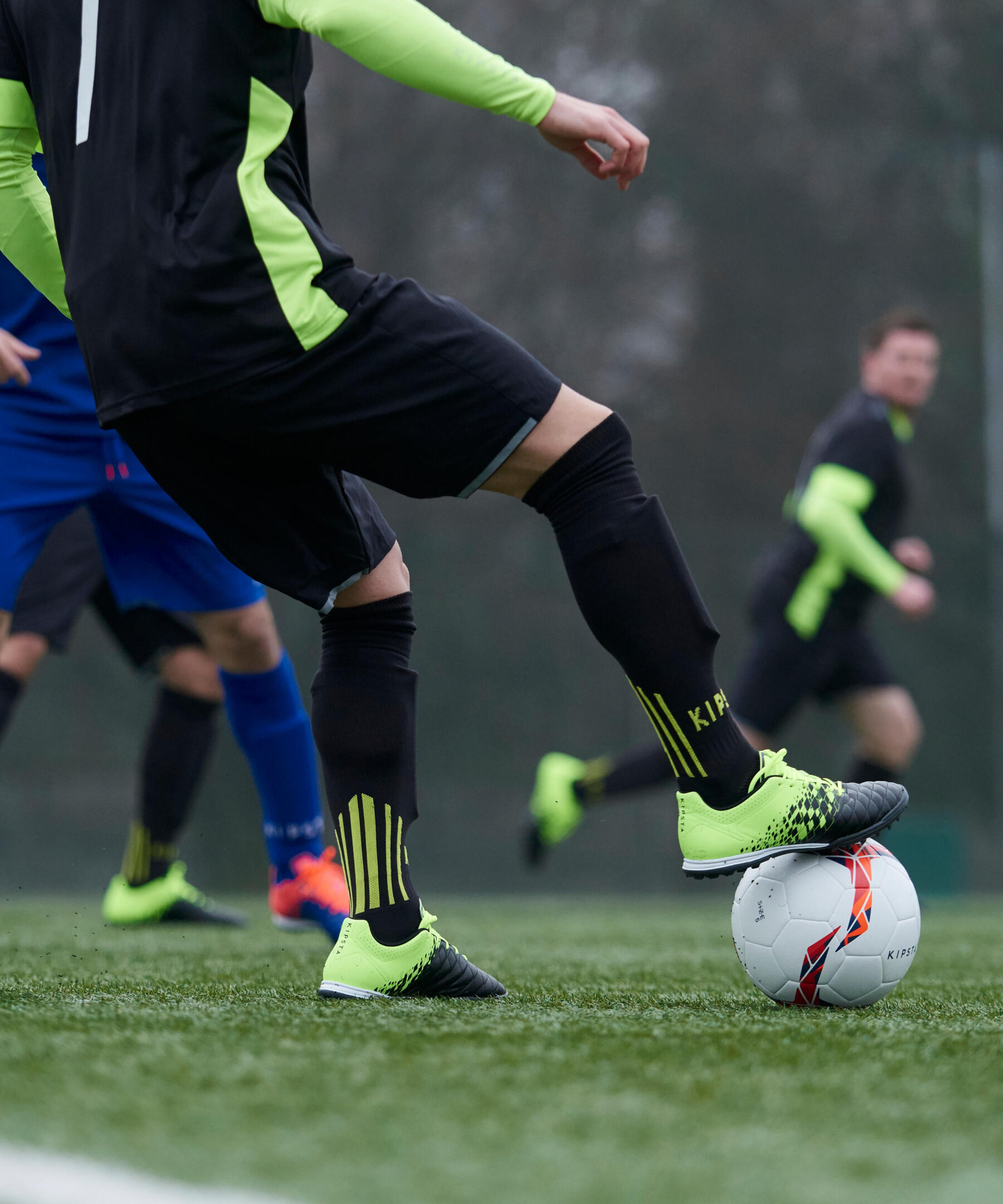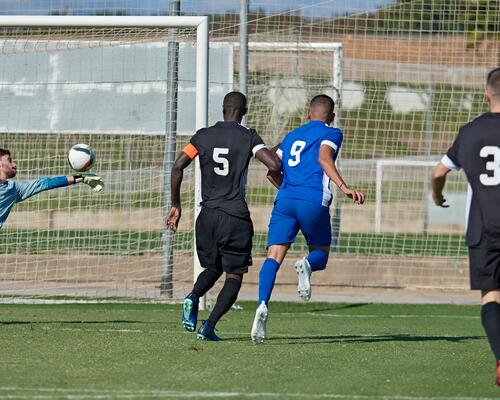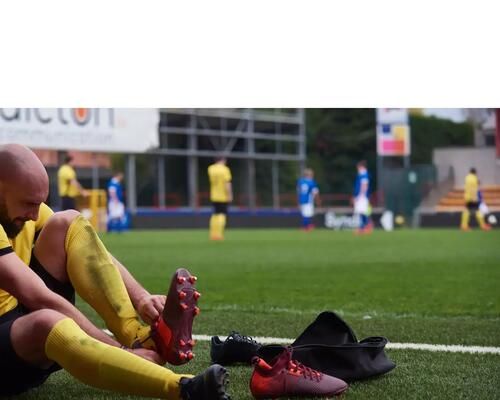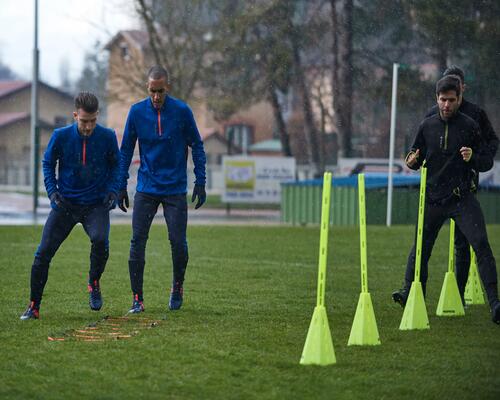Not the position boys and girls dreamed of
A position where one doesn't have the best technique, but can run for ages. A bit of a bully-boy, who likes to lecture his team members. Often, these characteristics were stereotypes of the wing-backs (left and right fullbacks) on the team. Let's be honest, it's not the position that young players dreamed of, and was long summed up in knowing how to "defend and run fast".
But in more recent years and with the development of new football tactics, wing-backs play a much more expanded role. At the highest levels, wing-backs are sometimes even the best players on their teams, who have great ability to dribble the ball as well as great vision (of play), worthy of the #10's of old. So while it's imperative that they know how to defend well, these days it's hard to imagine a team with pistons on the side who are unable to cross and threaten the opposing goal.







